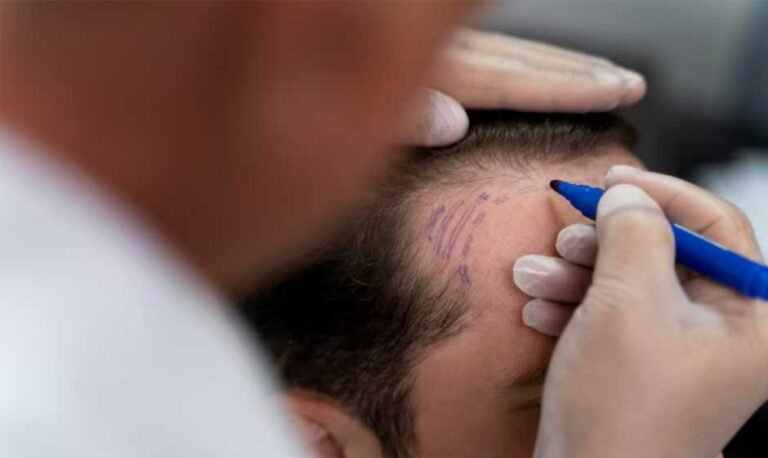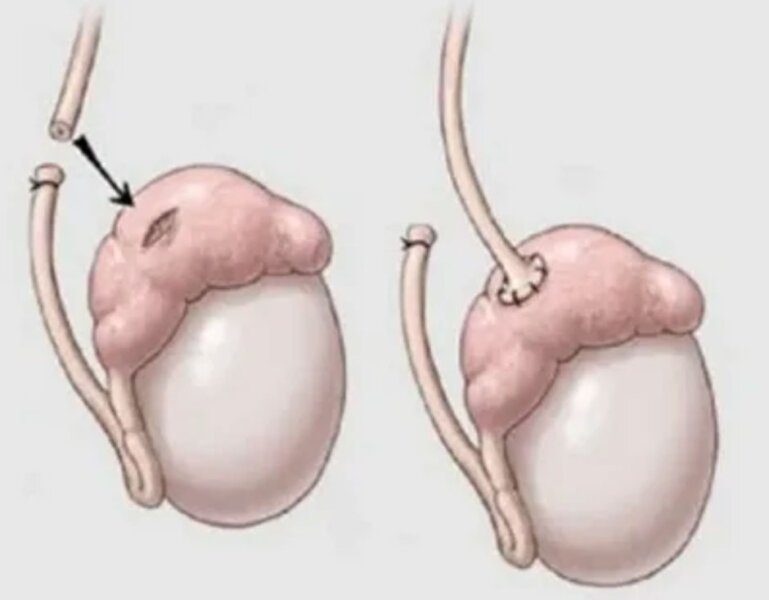Stay Strong with Continued Care and Support
Recovery from addiction is not a one-time event—it’s a lifelong journey that requires consistent effort, commitment, and the right kind of support. While completing a treatment program is a significant milestone, what comes after is equally important. Ongoing care and structured support systems are critical in helping individuals maintain their sobriety and build fulfilling, substance-free lives.
The Importance of Continued Support
Many people assume that once a person completes a rehab program, they are “cured.” In reality, addiction is a chronic condition that often involves cycles of relapse and recovery. That’s why continued care plays such a vital role. It provides recovering individuals with the tools, community, and guidance needed to navigate everyday challenges while staying focused on their goals.
Ongoing care bridges the gap between intensive treatment and full independence. It helps individuals adjust to life outside a controlled environment while reinforcing the skills they learned during rehab. Most importantly, it reduces the risk of relapse by offering consistent accountability and encouragement.
Continued support also allows people to gradually rebuild their confidence and take back control over their lives. It empowers them to set healthy boundaries, reestablish relationships, and develop routines that foster long-term recovery.
Structured Outpatient Care
One of the most effective ways to transition from residential rehab to independent living is through structured outpatient support. These programs offer flexibility while maintaining a level of supervision and professional guidance. Participants can attend therapy sessions, participate in group meetings, and receive one-on-one counseling, all while living at home and managing their daily responsibilities.
This approach empowers individuals to apply their coping strategies in real-world situations while still having access to a safety net. It promotes independence while ensuring that support is readily available when needed. This balance is especially helpful for people who have work, school, or family commitments.
Structured outpatient care often includes relapse prevention planning, substance use monitoring, and regular assessments to ensure that progress is being made. These touchpoints give individuals the opportunity to adjust their care plan as needed and continue evolving in their recovery journey.
Community and Peer Support
Another essential aspect of continued care is peer and community involvement. Recovery is much easier when you’re not going through it alone. Support groups, recovery meetings, and sober social activities help create a sense of belonging and shared purpose.
Connecting with others who understand the struggles and victories of recovery can be incredibly validating and motivating. These groups foster accountability, reduce feelings of isolation, and offer practical advice for staying on track. Whether it’s a 12-step program or a non-traditional peer group, the sense of camaraderie can be a powerful force for healing.
Peer support provides a safe space to share experiences and learn from others who have faced similar obstacles. It also helps individuals develop a network of sober friends, which can be a key protective factor against relapse.
Personalized Care Plans
Every person’s recovery journey is unique, and there’s no one-size-fits-all approach to continued care. That’s why effective programs tailor their services to meet individual needs. Whether someone requires mental health counseling, vocational training, or family therapy, personalized care plans ensure that every aspect of their recovery is addressed.
Comprehensive support plans may include:
- Regular therapy sessions (individual and group)
- Medication management
- Life skills training
- Job placement assistance
- Relapse prevention strategies
- Family counseling
- Holistic therapies (such as yoga, meditation, or art therapy)
These services are designed to support the whole person—not just the addiction—and help individuals rebuild all areas of their lives.
Mental Health and Dual Diagnosis Support
For many individuals in recovery, underlying mental health issues such as anxiety, depression, or trauma play a significant role in their substance use. Continued care must address these issues to ensure a holistic recovery process. Dual diagnosis support involves treating both addiction and mental health conditions simultaneously.
By working with professionals who specialize in dual diagnosis, individuals can better understand the relationship between their mental health and addiction, learn healthy coping mechanisms, and reduce the risk of self-medicating with substances.
This type of integrated care is essential for breaking the cycle of addiction and achieving true emotional and psychological wellness. With the right mental health support, individuals are more likely to maintain their sobriety and develop lasting resilience.
Bridging the Gap with IOP for Mental Health Treatment
For individuals transitioning out of inpatient care or those who need structured support without full hospitalization, an Intensive Outpatient Program (IOP) for mental health treatment can be an ideal solution. These programs offer a balance between flexibility and structure, allowing participants to engage in regular therapy sessions while maintaining their daily responsibilities. IOPs are especially valuable for those managing co-occurring disorders, providing consistent mental health support alongside addiction recovery. This level of care ensures that individuals continue to receive personalized attention, coping strategies, and accountability as they progress in their healing journey.
Family Involvement in Recovery
Addiction doesn’t just affect the individual—it impacts their entire support system. That’s why involving family in the continued care process is crucial. Educational sessions, therapy, and open communication can help repair damaged relationships and create a healthier home environment.
When families learn how to support their loved ones without enabling destructive behaviors, everyone benefits. Recovery becomes a shared mission, and individuals are more likely to stay motivated and accountable.
Family involvement also helps create a stable foundation for the individual’s recovery. When loved ones are educated about addiction and recovery, they can offer consistent support, encourage positive changes, and participate actively in the healing process.
Life After Rehab: Building a Fulfilling Future
Once individuals have moved beyond the initial stages of recovery, the focus often shifts to rebuilding their lives. This includes finding meaningful work, reengaging with hobbies and interests, and setting new personal and professional goals. Continued care programs can provide career counseling, educational support, and life skills development to help individuals create a future they can be proud of.
This rebuilding phase is also a time to establish new routines, set healthy habits, and reconnect with values that may have been lost during active addiction. With the right guidance, individuals can rediscover their purpose and build a balanced, enriching life.
Long-Term Recovery with Addiction Aftercare Programs
Recovery doesn’t end after detox or inpatient treatment — in fact, it’s just the beginning. Addiction aftercare programs play a vital role in helping individuals stay on track with their sobriety by providing ongoing support, resources, and accountability. These programs can include outpatient therapy, relapse prevention planning, peer support groups, and assistance with housing, employment, or life skills development. With a tailored aftercare plan, individuals are better equipped to face real-world challenges while maintaining the progress they’ve made. Addiction aftercare ensures that the foundation built during treatment continues to grow stronger, promoting long-term recovery and improved quality of life.
Long-Term Benefits of Continued Care
Investing in continued care provides numerous long-term benefits. It increases the likelihood of sustained sobriety, improves mental and emotional well-being, and helps individuals reintegrate into society more successfully. Continued care also fosters personal growth, enhances self-awareness, and builds resilience.
Long-term support programs act as a safeguard against setbacks. They offer a structured pathway for personal development and allow individuals to grow in confidence as they maintain their recovery. Over time, what once seemed like an overwhelming journey becomes a series of empowering steps.
A Commitment to Yourself
Choosing continued care is a declaration that your well-being matters. It’s a commitment to growth, healing, and personal responsibility. While the road may still have its challenges, you don’t have to walk it alone. With the right support system, lasting recovery isn’t just possible—it’s achievable.
Whether you’re newly out of treatment or have been in recovery for years, remember that support is always within reach. Stay strong, stay connected, and take the steps necessary to protect your progress. Your future is worth it. Every day of sobriety is a step toward the life you truly deserve—and continued care can help you get there.






